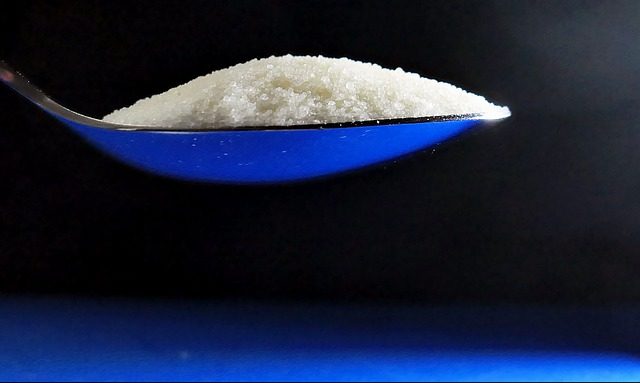Why eating too much salt is bad for your body?
Eating Too much salt is not good for you and it is actually almost everywhere. I Will explains exactly what salt does to your body and why it is important to try to eat less salt. We give tips for eating less salt.
The maximum amount of salt that you should receive as an adult is six grams per day. Yet the average person eats almost nine grams of salt per day. This can cause many health problems. Fortunately, you can prevent and combat these problems by eating less salt.
Salt and the heart
Salt provides fluid retention, which increases blood pressure in your body. High blood pressure means that there is too much pressure on the vascular walls of your heart. Because of this, the heart has to work harder to pump blood through your body. Too high blood pressure can cause cardiovascular disease.
Salt and your kidneys
Your kidneys extract excess salt from your body and regulate the salt balance. If you ingest too much salt, they will wear and damage faster. When your kidneys are damaged, the chance of high blood pressure increases. Calcium is also automatically excreted during the kidney salt removal process. Calcium is needed for the maintenance and building of your bones. The calcium deficiency can lead to bone decalcification.
Also Read – Advantages of Coffee: 7 Reasons To Drink More
Benefits of eating less salt
The benefits for your heart
Eating less salt can result in lower blood pressure, so you have a smaller chance of developing cardiovascular disease.
The benefits for your kidneys:
When you eat less salt, your kidneys wear or damage less quickly because they do not have to work extra hard to remove all that salt from your body. Your body, and especially your belly, will also swell less quickly due to water retention. This also reduces blood pressure.
Tips
Herbs and spices to flavor your food only 10% of the salt we eat come from natural, unprocessed products. 75% of the salt that we consume comes from processed products. We add the remaining 15% ourselves during cooking or while eating. When you add salt yourself, it’s best not to use salt from salt mills: a salt mill produces a lot of coarser grains, so you add more salt to your food. To give your food a taste, for example, you better add fresh or dried herbs.
Have patience
Starting with eating less salt often seems like an impossible task. If you are used to eating a lot of salt, eating with less or without salt can taste very bland. Salt is, after all, a flavor enhancer. It is good to know that this is also partly used to. When you eat less salt step by step, you get used to the taste. If you eat less salt for a while and then eat a dish with a lot of salt, you immediately taste that this has a strong and unpleasant taste. So don’t let the faint taste discourage you in the beginning. Your taste can change!
Be critical
There are many alternatives to table salt available. Think of Himalayan salt, sea salt or Celtic salt. Be critical of these alternatives. The sodium content is usually the same in the alternatives. Sodium can lead to higher blood pressure and calcium loss. There is also often no iodine in salt substitutes, which is an essential element for regulating metabolism. So pay attention when you buy an alternative to table salt or this is a better alternative. Often this is not the case, salt is salt.
Read the label because the majority of processed products contain salt, it is no wonder that 85% of the US population consumes more salt than the recommended guideline of 6 grams per day. It is therefore important to carefully read the labels of the processed food that you eat. When you know what you eat you can gain more insight into your salt intake. For example, in your attempt to eat less salt, it may help to keep a food diary. In addition, it is also good to avoid certain processed products that are considerably high in salts, such as certain soups and sauces. This way you change your diet into a diet with a little salt!
Also Read – Ayurveda Training Provides Opportunities for Self-Improvement










Download Image More @ buzztowns.com